Scholars and think-tank researchers, as well as mainstream media and social media, increasingly focus on the “trouble with men.” This attention is well deserved. Wholesale economic shifts have hollowed out the secure, well-paying jobs in the middle of the economy … Read More
Youth Mental Health

Characteristics of Transition-Age Youth Engaging In Suicidal Behavior
Youth with foster care experience attempt suicide at three times the rate of their peers in the general population. Research suggests that Transition-Age Youth (TAY), youth ages 16 to 24 who are or were in foster care, may be especially … Read More
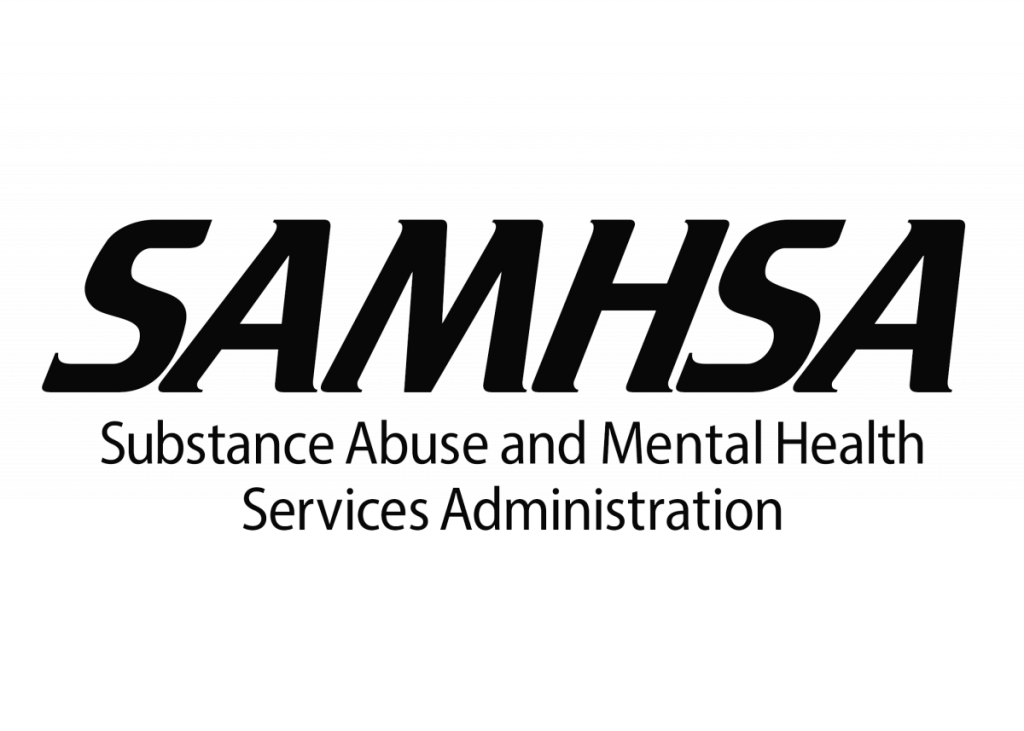
Preventing Substance Use Among Young Adults With Disabilities
In 2021, approximately 3.2 million or about 6.8 percent of people between the ages of 14 and 24 were living with a physical or mental disability. Although data on young people with disabilities are limited, recent evidence highlights the increased … Read More

Building Family Inclusive Youth Services
Family Involvement: Supporting Young People’s Circle of Care For many of us, our family is an important source of emotional support and feelings of belonging and safety. This can be especially true for young people as they manage the transition … Read More
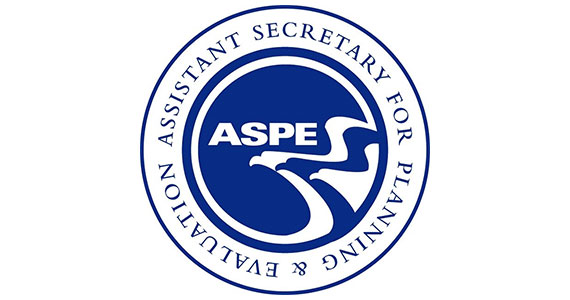
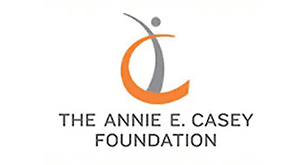
Spotlight On Youth Mentoring
WHAT IS MENTORING AND WHY DOES IT MATTER? Mentoring involves a supportive, caring relationship between an adult and a young person, either established formally through a program or occurring naturally such as with a neighbor or coach. Formal mentoring relationships may be offered through … Read More
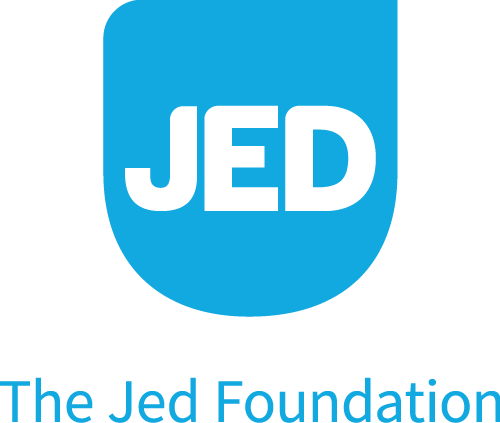
Youth Suicide Current Trends and the Path to Prevention
Introduction Adolescence is a critical time in everyone’s development. It is a moment of remarkable opportunity and growth, as teens and young adults learn to make decisions, manage emotions, and create deeper connections with peers and their communities. They also … Read More
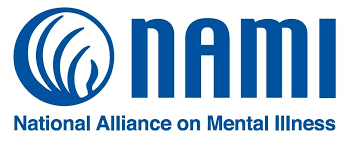
Trends in State Mental Health Policy
Introduction In 2022, COVID-19 restrictions eased and Americans were able to return to familiar routines at work, at school and in their communities. Many people found their lives returning to a new kind of normal, but at the same time, … Read More

Kinship Care Supports the Academic Performance of Children
Children and youth who successfully learn how to read, write, and perform basic math skills are more likely to go to college, find good jobs, and attain financial security in adulthood—all of which support their overall well-being across the lifespan. Unfortunately, many … Read More

The Evidence Base for How and Why Infant and Early Childhood Mental Health Consultation Works
INTRODUCTION What is IECMHC? Infant and Early Childhood Mental Health Consultation (IECMHC) is an evidence-based service in which a mental health professional builds the capacity of early childhood professionals and programs to improve the social-emotional development of infants and young … Read More

